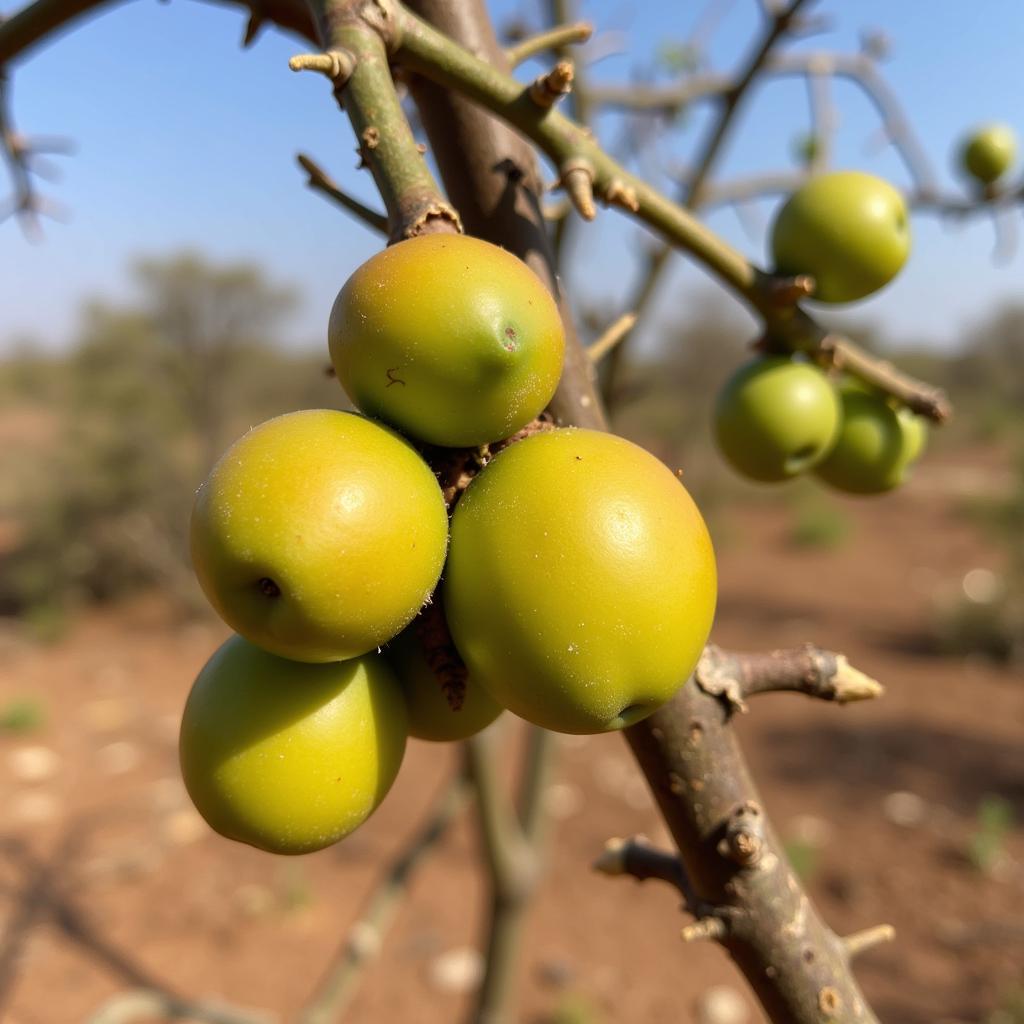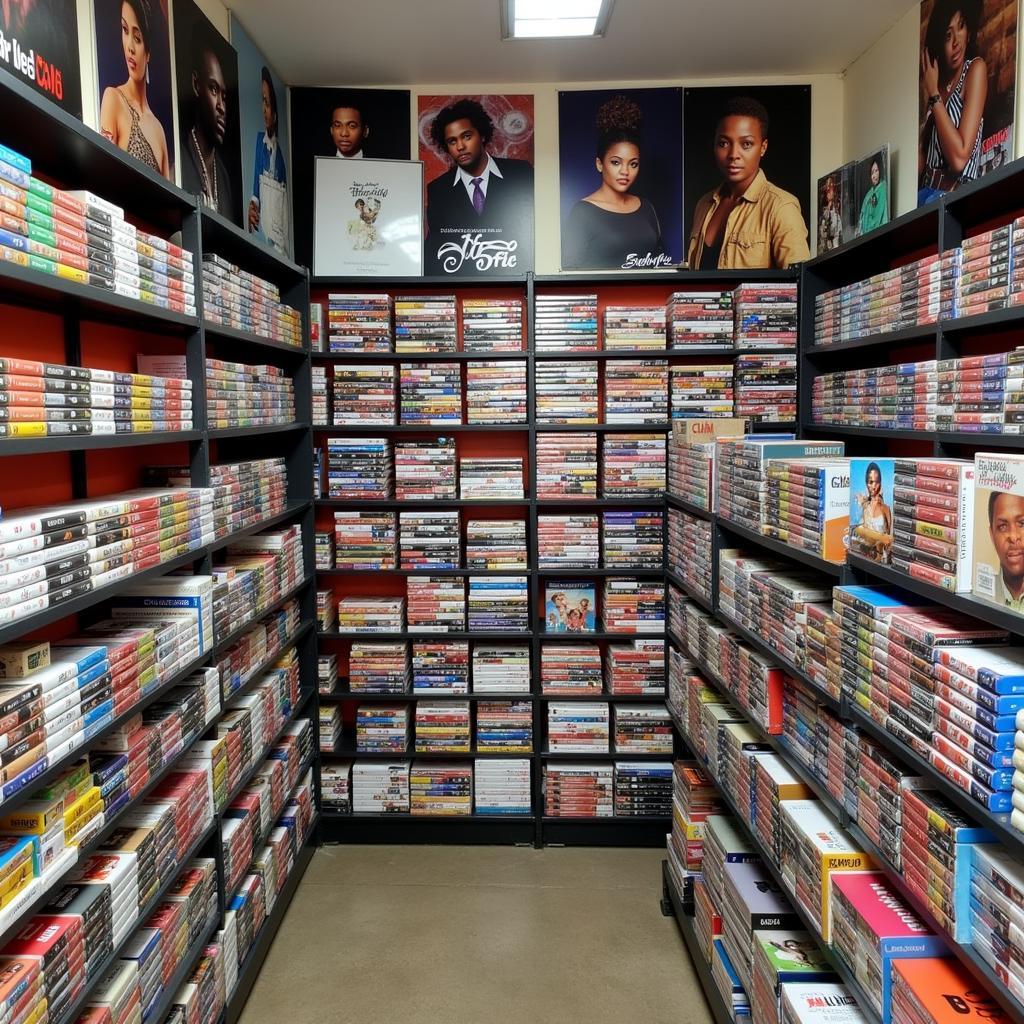African Braids and Their Names: A Journey Through Culture and Style
African braids are more than just hairstyles; they’re intricate expressions of art, culture, and history woven into each strand. From the bustling markets of Accra to the serene landscapes of the Maasai Mara, these unique braiding styles carry stories, traditions, and social significance. This article will delve into the fascinating world of African Braids And Their Names, exploring their rich symbolism and diverse origins.
Did you know that there are hundreds, if not thousands, of different African braid styles, each with its own unique name and significance? Some braids are simple and practical, designed for everyday wear, while others are elaborate and ornate, reserved for special occasions like weddings and festivals. Let’s unpack some of the most popular and culturally significant styles.
Unveiling the Beauty and History of Cornrows
Cornrows, known as canerows in the Caribbean, are arguably the most recognized African braid style globally. These tightly woven braids lie flat against the scalp, forming geometric patterns that can range from simple straight lines to intricate designs. Historically, cornrows served a practical purpose, protecting hair from the sun and keeping it neat and tidy. But they were also used to communicate social status, ethnicity, and even religious beliefs. The patterns themselves could tell stories or convey messages, making them a powerful form of non-verbal communication. Some ancient cornrow patterns even symbolized maps, used to guide escaping slaves to freedom. Want to learn more about African hair care? Check out African girls about their hair.
Cornrow Variations: A World of Styles
Within the broad category of cornrows, there exists a vast array of variations. Alero braids, popular in Nigeria, feature zig-zag patterns, while Ghana braids are thicker and often incorporate extensions for added length and volume. Fulani braids, inspired by the nomadic Fulani people of West Africa, often feature a central braid adorned with beads and cowrie shells, cascading down the back. These braids often incorporate intricate details like braids wrapping around the head or hanging loose.
Beyond Cornrows: Exploring Other Braid Styles
The world of African braiding extends far beyond cornrows. Box braids, characterized by their square or rectangular shape, offer a versatile and low-maintenance styling option. Senegalese twists, also known as rope twists, are created by twisting two strands of hair together, creating a rope-like effect. Crochet braids, a newer technique, involve crocheting extensions into cornrows or other base braids. These styles provide a wide range of looks, from sleek and sophisticated to bouncy and playful. You’ll find some adorable examples of braided hairstyles on African cute kids.
Braids for Special Occasions: Celebrating in Style
Certain braid styles are reserved for special occasions. Elaborate updos adorned with beads, cowrie shells, and other ornaments are common sights at weddings and festivals. These styles often take hours to create and are a testament to the skill and artistry of the braider. The significance of hair in African culture is profound, often representing identity, status, and spirituality. Thinking about protective styles for work? Explore African American labor hairstyles.
The Cultural Significance of African Braids
African braids are more than just hairstyles; they are a powerful symbol of cultural identity and heritage. They represent a connection to ancestors, a celebration of community, and a form of self-expression. Braiding is often a communal activity, with mothers braiding their daughters’ hair and passing down traditions through generations. This practice not only strengthens familial bonds but also imparts valuable cultural knowledge.
“Braids are a living testament to our history and our identity,” says renowned cultural anthropologist Dr. Anika Olajide. “They represent the resilience, creativity, and beauty of African culture.”
Conclusion: Embracing the Legacy of African Braids
African braids and their names represent a vibrant tapestry of cultural traditions and artistic expression. From the intricate patterns of cornrows to the elegant simplicity of Senegalese twists, these hairstyles tell stories, connect generations, and celebrate the beauty of African heritage. By understanding the history and significance of these braids, we can appreciate the artistry and cultural richness they embody. Want to see more cute styles? Check out African babies cute.
FAQ: Frequently Asked Questions About African Braids
- How long do African braids last? Depending on the style and maintenance, African braids can last anywhere from a few weeks to several months.
- How do I care for my African braids? Regular moisturizing and protective styling at night are key to maintaining healthy braids.
- Are African braids damaging to hair? When installed and maintained properly, African braids can actually protect hair and promote growth.
- Can anyone wear African braids? Absolutely! People of all ethnicities and hair textures can enjoy the beauty and versatility of African braids.
- How much do African braids cost? The price varies depending on the style, length, and complexity of the braids, as well as the location of the salon.
- How do I find a qualified braider? Ask for recommendations from friends or search online for reputable braiders in your area.
- What are some popular braid styles for beginners? Box braids and crochet braids are generally considered good starting points for those new to African braiding.
Common Scenarios and Questions
-
Scenario: You want a protective style that will last for a vacation.
-
Question: Which braid style requires the least maintenance and will hold up well in humid conditions?
-
Scenario: You’re attending a wedding and want a glamorous braided hairstyle.
-
Question: Which braid styles are best suited for updos and special occasion styling?
Further Exploration
For more information on African culture and traditions, check out our articles on the African goddess of dance.
Need Help?
For personalized advice and support, contact us 24/7: Phone: +255768904061, Email: kaka.mag@gmail.com, or visit us at Mbarali DC Mawindi, Kangaga, Tanzania. Our dedicated customer care team is ready to assist you.

